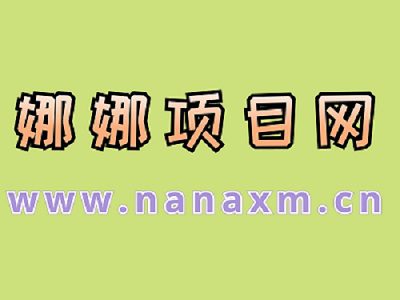can, may, must, 区别
1. Can (过去式could) 可表示下列三种意思:
A. (可能性) (表示理性的猜测,与事实村子与否无关。)
1) 专家也可能犯错。
Even can make .
2) 她的表现是我们所能期望的最佳状态了。
Her was the best that could be hoped for.
B. (能力)
3) 你能解决这个问题吗?
Can you solve this ?
4) 约翰十岁就会说五种语言。
John could speak five by the age of ten.
5) 下星期我就能解决这个问题
I will be able to solve this next week. (√)
I will can solve this next week. ( ×)
6) 事情总会水落石出的。
The truth will be found out. (√ )
The truth can be found out. (× )
C. (允许)
7)我可以用你的电话吗?
Can I use your phone?
8)二十年前妇女在选举时不能投票。
A of ago, women could not vote in .
2. May (过去式might) 可表示下列两种意思:
A. (可能性) (表示推测可能存在的事实)
9)我们可能永远到不了山顶。
We may never reach the top of the .
10)可能有一些怨言。
There might be some .
B. (允许)
11) 如果没什么可说的,你可以走了。
You may go now if you have else to say.
12)请问你用不用计算机?
Might I ask you are using your ?
3. Must (过去式用had to)
A. (推测的必然性)
13)一定是哪里出错了。
There must be some .
14)他一定很有钱。
He must have a lot of money.
15) 一定得弄出那么大的声音吗?
Need they make so much noise? (√)
Do they need to/have to make so much noise? (√)
Must you make so much noise? (×)
16)他们一定得弄出那么大的声音。
They will have to make a lot of noise. (√)
They will must make so much noise. (×)
B. or (义务或强制)
17)晚上十点一定要回来。
You must be back by ten p.m.
18)晚上十点一定要回来吗?
Need she be back by ten p.m.? (√)
Does she need to/have to be back by ten p.m.? (√)
Must she be back by ten p.m.? (×)
4. /ought to
A. (试探性的推论)
19)我们从这应该可以看得到。
We / ought to be able to see it from here.
20)这个时候她应该到家了。
She /ought to be home at this .
B. (义务)
21)你应该照他的话做。
You /ought to what he says.
22)开会之前你应该准备周全。
You get ready the .
an, may, must, 区别
1. Can (过去式could) 可表示下列三种意思:
A. (可能性) (表示理性的猜测,与事实村子与否无关。)
1) 专家也可能犯错。
Even can make .
2) 她的表现是我们所能期望的最佳状态了。
Her was the best that could be hoped for.
B. (能力)
3) 你能解决这个问题吗?
Can you solve this ?
4) 约翰十岁就会说五种语言。
John could speak five by the age of ten.
5) 下星期我就能解决这个问题
I will be able to solve this next week. (√)
I will can solve this next week. ( ×)
6) 事情总会水落石出的。
The truth will be found out. (√ )
The truth can be found out. (× )
C. (允许)
7)我可以用你的电话吗?
Can I use your phone?
8)二十年前妇女在选举时不能投票。
A of ago, women could not vote in .
2. May (过去式might) 可表示下列两种意思:
A. (可能性) (表示推测可能存在的事实)
9)我们可能永远到不了山顶。
We may never reach the top of the .
10)可能有一些怨言。
There might be some .
B. (允许)
11) 如果没什么可说的,你可以走了。
You may go now if you have else to say.
12)请问你用不用计算机?
Might I ask you are using your ?
3. Must (过去式用had to)
A. (推测的必然性)
13)一定是哪里出错了。
There must be some .
14)他一定很有钱。
He must have a lot of money.
15) 一定得弄出那么大的声音吗?
Need they make so much noise? (√)
Do they need to/have to make so much noise? (√)
Must you make so much noise? (×)
16)他们一定得弄出那么大的声音。
They will have to make a lot of noise. (√)
They will must make so much noise. (×)
B. or (义务或强制)
17)晚上十点一定要回来。
You must be back by ten p.m.
18)晚上十点一定要回来吗?
Need she be back by ten p.m.? (√)
Does she need to/have to be back by ten p.m.? (√)
Must she be back by ten p.m.? (×)
4. /ought to
A. (试探性的推论)
19)我们从这应该可以看得到。
We / ought to be able to see it from here.
20)这个时候她应该到家了。
She /ought to be home at this .
B. (义务)
21)你应该照他的话做。
You /ought to what he says.
22)开会之前你应该准备周全。
You get ready the .
———END———
限 时 特 惠: 本站每日持续更新海量各大内部创业教程,永久会员只需109元,全站资源免费下载 点击查看详情
站 长 微 信: nanadh666







